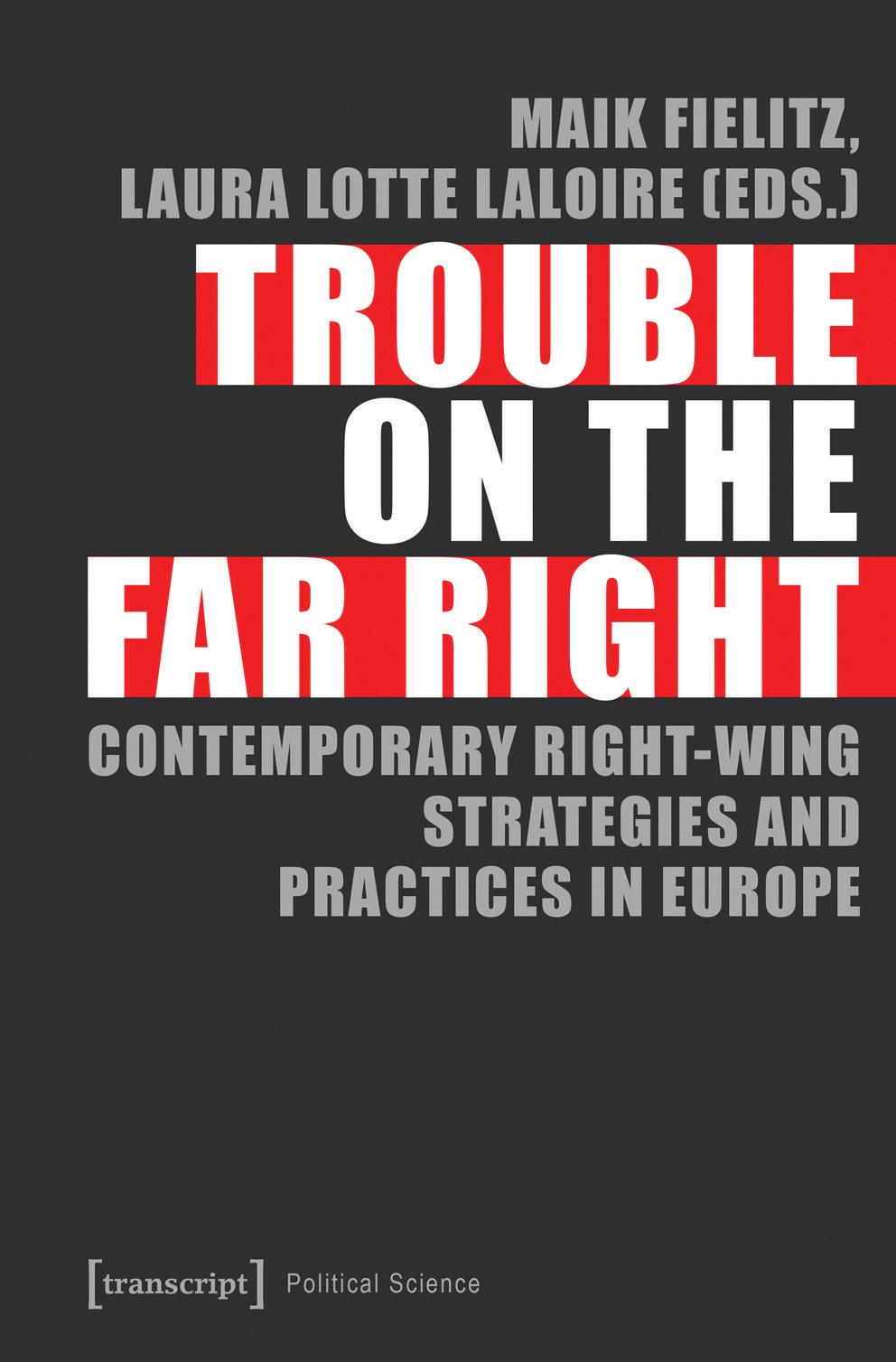
Trouble on the Far Right: National Strategies and Local Practices Challenging Europe PDF
Preview Trouble on the Far Right: National Strategies and Local Practices Challenging Europe
Europe is in trouble as right-wing motivated attacks have become a regular occurrence. Their targets span from religious minorities, such as Muslims and Jews, and ethnic minorities, such as Roma, to participants of LGBTQ1 parades, civil society protagonists and sometimes even representatives of the political order. At the same time, a xenophobic discourse, especially against migrants and refugees, has gained momentum among European publics, further blurring the lines between far-right agitation and mainstream politics. Likewise, far-right actors have become increasingly influential at various levels: political parties in Austria, France and Slovakia have achieved electoral successes. Movement organizations in Germany and Italy have mobilized thousands of people onto the streets. In Finland and Great Britain, vigilante and terrorist groups have been waging an armed struggle. Last, but not least, 'illiberal models of democracy' in Poland and Hungary demonstrate the far right's capacity to transform entire political systems.
By taking a close look at contemporary practices and strategies of far-right actors, the present volume explores this right-ward shift of European publics and politics. It assembles analyses of changing mobilization patterns and their effects on the local, national and transnational level. International experts, among them Tamir Bar-On, Liz Fekete, Matthew Kott, and Graham Macklin, scrutinize new forms of coalition building, mainstreaming and transnationalization tendencies as aspects of diversified far-right politics in Europe.
